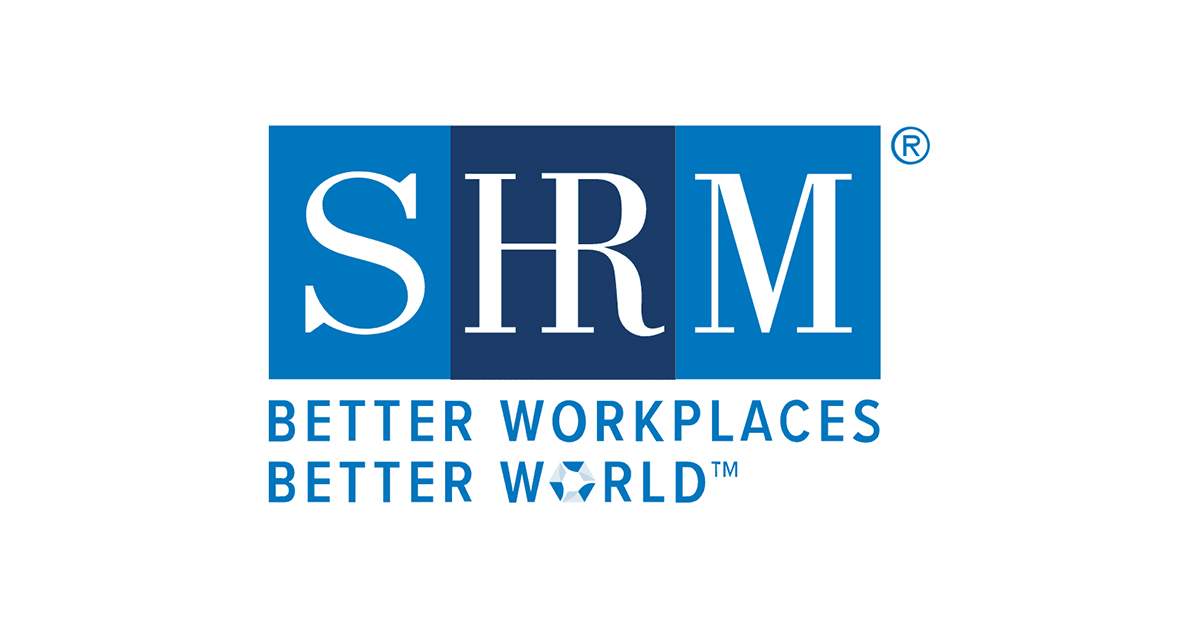In employee relations, we strive to create a work environment where everyone feels safe sharing their concerns. But it’s important to recognize that, despite our efforts, some employees may still hesitate to come forward.
Anonymous employee reporting empowers employees to raise concerns without fear or judgment. When employees know they can come forward anonymously, they’re 12 times more likely to speak up. And the more issues are reported, the more they can be properly addressed and resolved.
With Speakfully, employees can easily and confidently report what’s happening.
Types of Anonymous Complaints
The following information regarding various complaint types has been sourced from Jason McCollough, an attorney at AlphaTech Counsel, a firm based in Madison, Wisconsin. AlphaTech Counsel specializes in assisting early-stage technology companies as they navigate the complexities of getting established in the industry.
Fact-based Complaints
Sometimes, a manager or the HR department receives a “fact-based complaint.” In this case, the person making the complaint is usually known, and the complaint will often contain specific names, dates, a narrative of what happened and sometimes a list of witnesses. (Speakfully encourages users to document and report issues by providing as many facts as possible when submitting their complaint).
Anonymous Complaints with Some Facts
Other times, a manager or the HR department receives an “anonymous complaint with facts.” With this type of complaint, the person making the complaint is unknown, but the complaint itself may provide some facts about the alleged harassment. For example, it may describe others involved (e.g., “I saw John put his arm around Sally, and it made me uncomfortable”) or include other details like specific locations (e.g., “in the break room”) or dates and times (e.g., “last Wednesday afternoon”).
Anonymous Complaints without Actionable Facts
Since a company may be liable for harassment if it knows or should know harassment is occurring, then often the most challenging and frustrating complaint a manager or the HR department can receive is an anonymous complaint where the complainant is not identified and the complaint is general, vague and void of any other actionable facts. Examples of these complaints include written statements like “The managers here make the employees uncomfortable,” “this place is a hostile work environment,” or “if my boss doesn’t leave me alone and stop flirting with me, I’m going to sue this place!”
What to Do if You Receive an Anonymous HR Complaint
Now that you are aware of the different types of anonymous HR complaints, how should you proceed once you get one? It’s important to respond quickly and properly. HR professional Rebecca Weaver advises: “It’s critically important for Leadership and HR to understand that their response to anonymous complaints makes all the difference.” Building trust with employees starts with taking swift action to reported issues. Weaver adds, “Trust can be built over time, but you have to give your employees real evidence—not just lip service—that you can be trusted to take allegations seriously and are willing to take action against the bad actors.” Your organization must talk the talk AND walk the walk.
Once the complaint is received, there are some necessary steps that need to be taken based on its type. There are three different types of complaints: fact-based, actionable with facts and actionable without facts. You need to acknowledge the situation, determine the severity of the issue, begin gathering information based on the type of complaint and then conduct an investigation if warranted.
Acknowledgement
Put yourself in the employee’s shoes. There are valid reasons why an employee chooses to come forward anonymously—be it fear, anxiety or discomfort. Whatever the reason, we must practice empathy and compassion with every report that comes our way, recognizing the courage it takes for individuals to share their concerns.
The worst way you could react to an anonymous complaint is to not react to it at all. A strong workplace culture thrives on employees feeling heard and issues being addressed. If we overlook problems, morale drops, leading to disengagement, higher turnover and fewer people reporting concerns. In some cases, employees may even seek legal action. A workplace filled with unresolved issues is not a productive or positive environment.
Determine the Severity of the Complaint
The severity of the anonymous complaint can vary depending on the situation’s complexity and factors in the report. Factors such as the number of people affected, the amount of harm caused and the ability for the employee to continue doing their job should be accounted for. Additionally, the relevance of company policies and legal considerations can influence the severity of the complaint, like in cases of harassment, discrimination or other illegal workplace actions.
Conduct an Investigation (if Necessary)
In responding to fact-based complaints, employers will want to conduct a timely, impartial investigation of the facts. Your lawyer may advise you to (or that you let them) interview the complainant and alleged harasser, as well as any other witnesses, and then you can take an appropriate course of action based on the facts you uncover. By promptly investigating (and taking action where appropriate), you will not only help minimize, and possibly avoid, potential legal liability, but you will also build trust by demonstrating to the entire workforce that your company takes these complaints seriously.
If you receive an anonymous complaint with some facts, you should analyze the facts with your lawyer to determine the appropriate investigatory response. If the complaint provides specific names, you should interview those individuals. If you know the alleged date and location, you may want to determine if there were any potential witnesses who you could interview. In some cases, the facts included with the anonymous complaint may be detailed enough that the manager or HR personnel can determine the complainant; in that case, talking to the complainant is the obvious place to start. As with fact-based complaints, when the company takes prompt, definitive action to investigate the information available to it, the company builds trust with employees and potentially reduces or avoids legal liability if the facts ultimately indicate harassment occurred.
In the case of anonymous complaints without actionable facts, a manager or HR professional may be torn. On the one hand, they know they have a duty to investigate, but on the other hand, they’re thinking, “What am I supposed to do with this?” In many cases—especially when the complaint is isolated to a single instance—the investigative process is quick and easy. Your lawyer may suggest that nothing more than keeping a log of the complaint is needed, especially if the complaint is so vague that no reasonable person would be able to act on the information provided. Please note that this is not legal advice, and HR professionals should consult their lawyers for specific legal matters.
What Not to Do When Receiving and Investigating an Anonymous Report
When handling anonymous complaints, knowing what not to do is just as crucial as knowing the right steps to take. Avoiding critical mistakes during your investigation can prevent escalating the situation—such as the employee seeking legal action due to mishandling.
Panic
The best thing you can do when responding to an anonymous complaint is to remain calm and logical. Follow the specified process: gather information and conduct an investigation if necessary. Reacting impulsively can lead to an irrational or emotional response, putting your integrity at risk.
Make Assumptions or Jump to Conclusions
Making assumptions is a part of human nature, but it should never be a part of handling an anonymous complaint. Doing this could lead to serious factors or evidence being overlooked and/or misinterpreted, and lead to a flawed and biased investigation.
Retaliate
One of the main reasons employees prefer to submit their complaints anonymously is to avoid retaliation from their boss or company. It’s crucial to take proactive steps to prevent retaliation by strictly enforcing anti-retaliation policies and actively monitoring for any retaliatory actions.
Compromise Confidentiality
When issues are reported, discussions should only happen among those directly involved. Protecting the whistleblower’s identity is essential—not just for their safety, but to maintain a trustworthy workplace culture. Anonymous reporting gives employees a safe space to confidently voice their concerns. If we break that confidentiality, it can unravel that trust and even result in legal action.
Protect Your Employees with Anonymous Reporting Software
Anonymous employee reporting software, like Speakfully, increases the likelihood that you’ll hear about workplace issues, and that’s a good thing. It removes a barrier by giving employees peace of mind and removing fears of retaliation.
Speakfully offers a secure and confidential way to report workplace concerns. Employees can confidently submit issues, get status updates and track their reports from start to finish—all while maintaining their anonymity. Organizations can also seamlessly follow up with anonymous whistleblowers and gather additional information while preserving anonymity.



